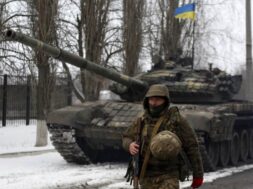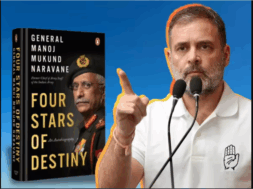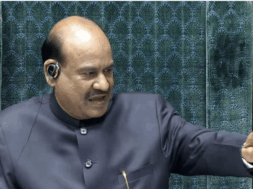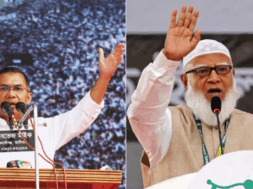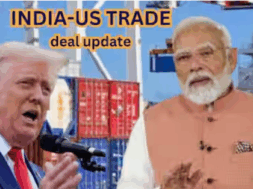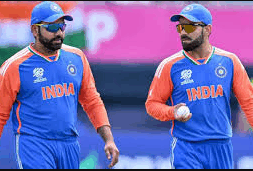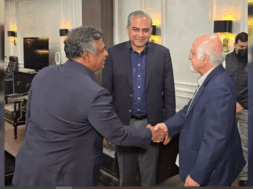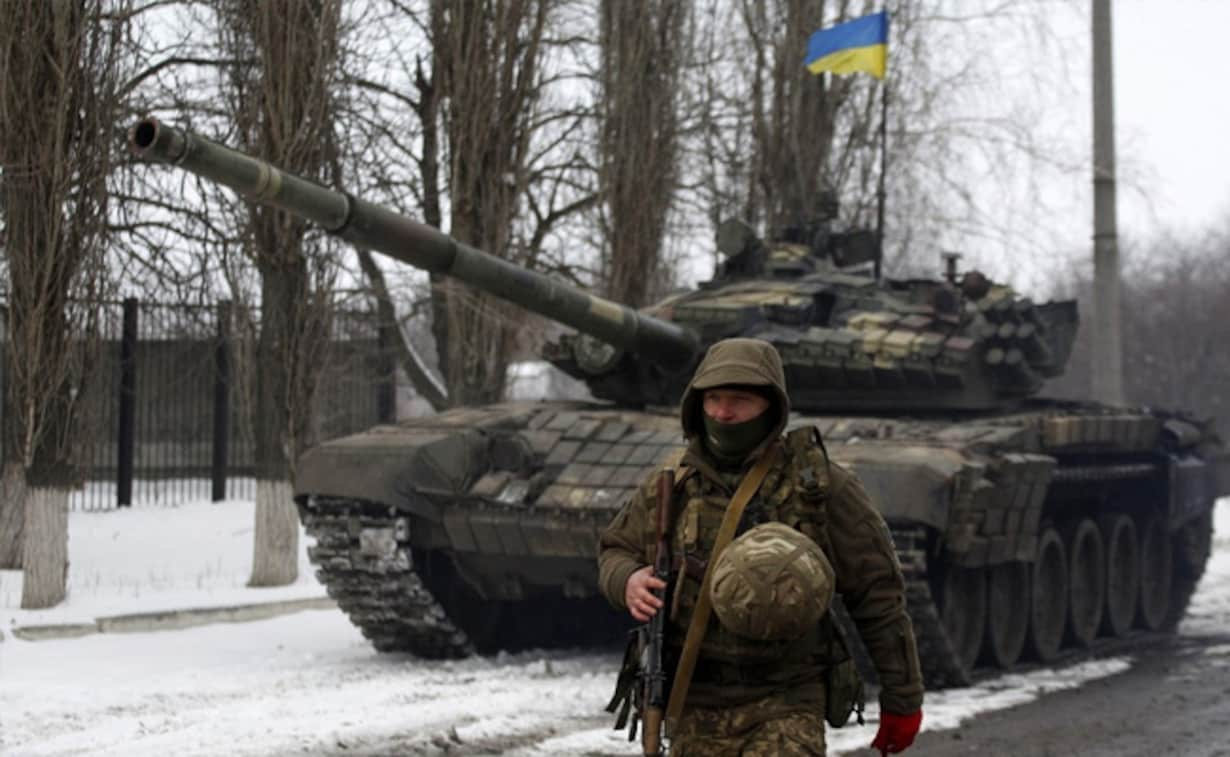
Ukrainian Forces on the Offensive as Russia Virtually Ruled out using Nuclear Arsenal
Manas Dasgupta
NEW DELHI, March 23: Even as Russia virtually ruled out using nuclear weapons unless its very existence is threatened, the Ukrainian forces for the first time showed signs of offensive operations retaking a town near the capital city of Kyiv and attacking the Russian forces in the south.
The Ukrainian President Volodymyr Zelensky said almost 100,000 people are still trapped in the ruins of the strategic port city of Mariupol, though over 7,000 escaped in the last 24 hours.
Russian forces bombed and destroyed a bridge in the encircled city of Chernihiv, the region’s Governor, Viacheslav Chaus, said. The destroyed bridge had been used for evacuating civilians and delivering humanitarian aid. It crossed the Desna River and connected the city to Ukraine’s capital, Kyiv.
Chernihiv authorities said on Wednesday that the encircled city has no water or electricity and called the situation there a humanitarian disaster. Explosions and bursts of gunfire shook Kyiv on Wednesday morning and heavy artillery fire could be heard from the northwest, where Russian forces have sought to encircle and take the capital’s suburbs.
Ukrainian leaders also accused Russia of seizing 15 rescue workers and drivers from a humanitarian convoy trying to get desperately needed food and other supplies into the bloodied port city of Mariupol, which also came under naval attack after weeks of air and land strikes. Russian military forces destroyed a new laboratory at the Chernobyl nuclear power plant that among other things works to improve management of radioactive waste, the Ukrainian state agency responsible for the Chernobyl exclusion zone said Tuesday.
Even before Russia officially issued a statement on its nuclear policy, the Ukraine Presidential Adviser had said Russia would definitely not wage nuclear war. The Russian Army has halted in many directions and the active phase of the war was expected to end before the end of April, the adviser added.
Earlier in the day, Kremlin spokesman Dmitry Peskov had said the Russia’s security policy dictates that the country would only use nuclear weapons if its very existence were threatened. The comment, nearly four weeks after Russia sent its forces into Ukraine, came amid Western concern that the conflict there could escalate into a nuclear war. Peskov made the comment when asked whether he was confident that President Vladimir Putin would not use nuclear weapons.
“We have a concept of domestic security and it’s public, you can read all the reasons for nuclear arms to be used. So if it is an existential threat for our country, then it (the nuclear arsenal) can be used in accordance with our concept,” he said. “There are no other reasons that were mentioned in that text,” he said in a further reference to the country’s security concept.
The western concern about the Russia – Ukraine conflict turning into a nuclear war had stemmed from Putin last month ordered Russia’s nuclear forces to be put on high alert. In line with the order, Russia’s defence ministry said on February 28 that its nuclear missile forces and Northern and Pacific fleets had been placed on enhanced combat duty. The United Nations secretary-general Antonio Guterres had said on March 14: “The prospect of nuclear conflict, once unthinkable, is now back within the realm of possibility.”
Zelensky, meanwhile, said peace talks with Russia to end the war were tough and sometimes confrontational but added, “step by step, we are moving forward.” Although Russian and Ukrainian negotiators have been talking regularly, both sides say any deal is far off. “We are continuing to work at different levels to encourage Russia to move towards peace … Ukrainian representatives are participating in talks that are taking place virtually every day. It’s very difficult, sometimes confrontational,” said Zelensky. “But step by step we are moving forward.”
He also accused Russian forces attacking Mariupol of thwarting attempts to evacuate civilians from the city. “As of today, there are about 100,000 people in the city in inhuman conditions, completely blockaded, without food, without water, without medicines, subject to constant shelling, constant bombardment,” he said.
Even as the Russian Foreign Minister Sergei Lavrov has warned any international peacekeeping mission sent into Ukraine could lead to a direct confrontation between Russia and the NATO military alliance, the US President Joe Biden will huddle with key allies in Brussels and Warsaw this week as the leaders try to prevent Russia’s war on Ukraine from spiralling into an even greater catastrophe. Biden is scheduled to embark on Wednesday on a four-day trip that will test his ability to navigate the continent’s worst crisis since WWII ended in 1945. There are fears that Russia could use chemical or nuclear weapons as its invasion becomes bogged down in the face of logistical problems and fierce Ukrainian resistance.
The Ukrainian presidential adviser Oleksiy Arestovych on Wednesday said he expected the active phase of the Russian invasion to be over by the end of April as the Russian advance had already stalled in many areas. Speaking on local television, Arestovych said Russia had already lost 40% of its attacking forces, and also played down the prospect of Russia waging nuclear war.
The port city of Mariupol remained one of the worst-hit areas. Those made it out described it as a shattered city. “They bombed us for the past 20 days,” said one of the young refugees in Poland. “During the last five days, the planes were flying over us every five seconds and dropped bombs everywhere—on residential buildings, kindergartens, art schools, everywhere.”
Zelensky, speaking Tuesday in his nightly video address to his nation, accused Russian forces of blocking the aid convoy despite agreeing to the route ahead of time. He said they seized one convoy, near Manhush, just outside Mariupol, taking the emergency workers and drivers captive and that authorities are trying to win their release. Deputy Prime Minister Iryna Vereshchuk said agreement had been reached to try to evacuate civilians trapped in Ukrainian towns and cities through nine “humanitarian corridors” on Wednesday, Signalling no agreement had been reached with Russia to establish a safe corridor from the heart of Mariupol, she said people wishing to leave the besieged port city would find transport in nearby Berdyansk.
Meanwhile, German Chancellor Olaf Scholz has reiterated that his country would not support a no-fly zone over Ukraine or send troops to intervene in the war launched by Russia. Scholz told German lawmakers on Wednesday that “NATO will not become a party to the war. We are in agreement on this with our European allies and the United States.”
Still, the German leader said Ukraine could rely on Germany’s help, citing the financial and military aid already provided, the harsh sanctions on Russia and the reception of hundreds of thousands of Ukrainian refugees. Scholz said Germany would not support a boycott of Russian oil, coal and gas, but is seeking to wean itself off those imports by seeking out other suppliers and ramping up the use of renewable energy.
French authorities said a convoy of rescue vehicles and emergency equipment is to leave Paris soon to be provided to Ukraine’s emergency service. A statement from the French Foreign and Interior Ministries says 100 firefighters and rescue staff will dispatch the vehicles and equipment to Romania, at the border with Ukraine. They include 11 fire engines, 16 rescue vehicles and 23 trucks transporting 49 tonnes of health and emergency equipment. It comes in addition to a convoy of 21 new ambulances, which left on Tuesday. The statement says the operation is meant to support rescuers from Ukraine’s Emergency Situations Service “mobilised day and night to provide relief to victims.”
The head of the International Committee of the Red Cross has arrived in Moscow for talks at the Russian Foreign- and Defence Ministries on humanitarian issues caused by Russia’s invasion of Ukraine. Peter Maurer, the ICRC president, was expected on March 23 to take up issues such as prisoners of war, the conduct of hostilities and the delivery of aid. “The devastation caused by the conflict in recent weeks, as well as eight years of conflict in Donbas, has been vast,” Maurer said in a statement, referring to the region of eastern Ukraine held by Russian-backed separatists.
“There are practical steps guided by international humanitarian law that the parties must take to limit the suffering,” Maurer said. Maurer travelled to Ukraine last week. While in Moscow, he was also expected to meet with the head of the Russian Red Cross, which has been helping people who have fled eastern Ukraine into Russia.
